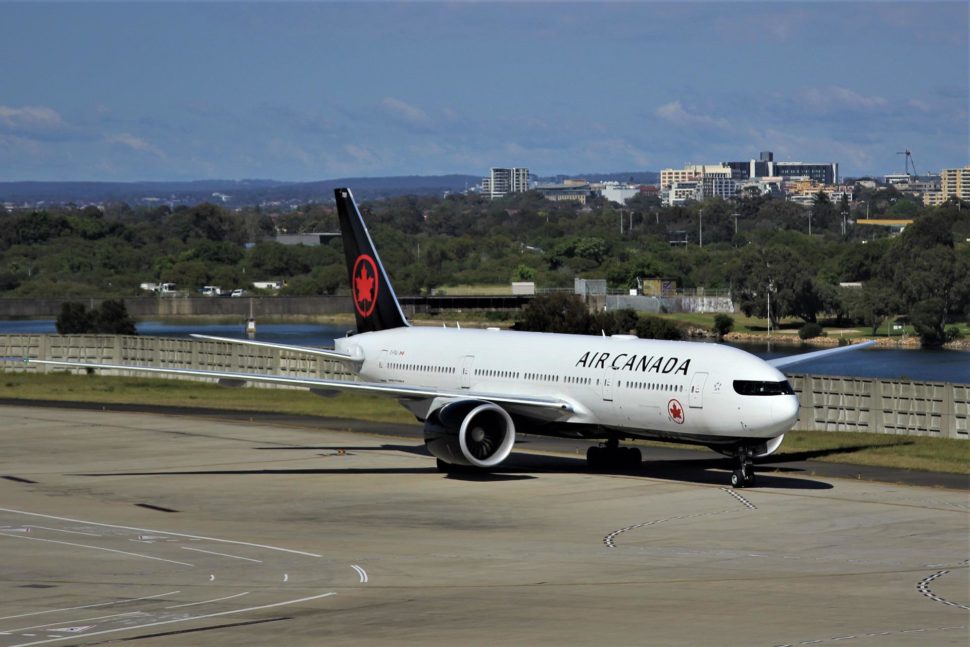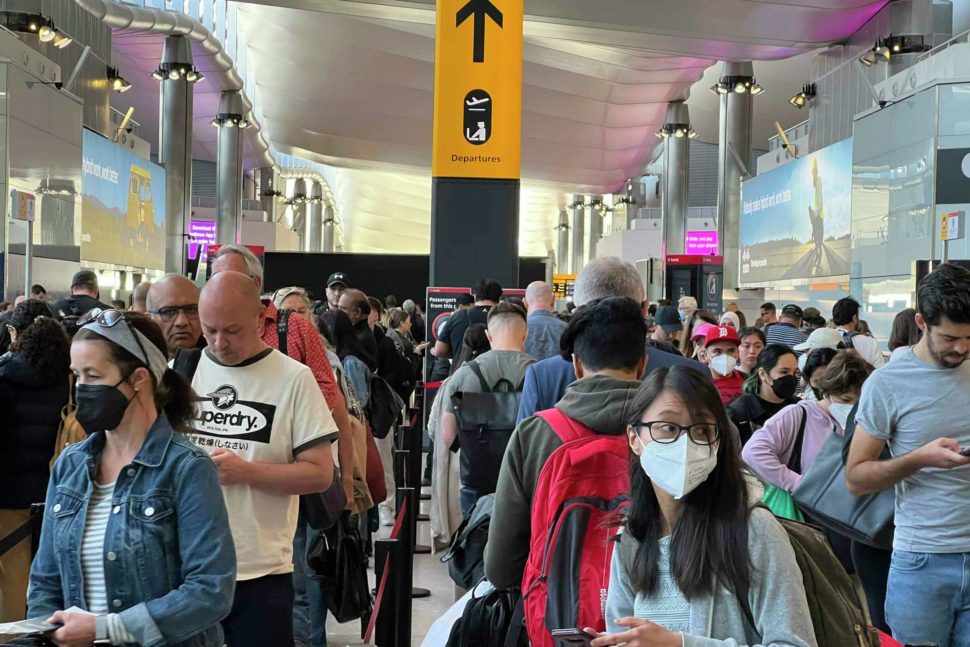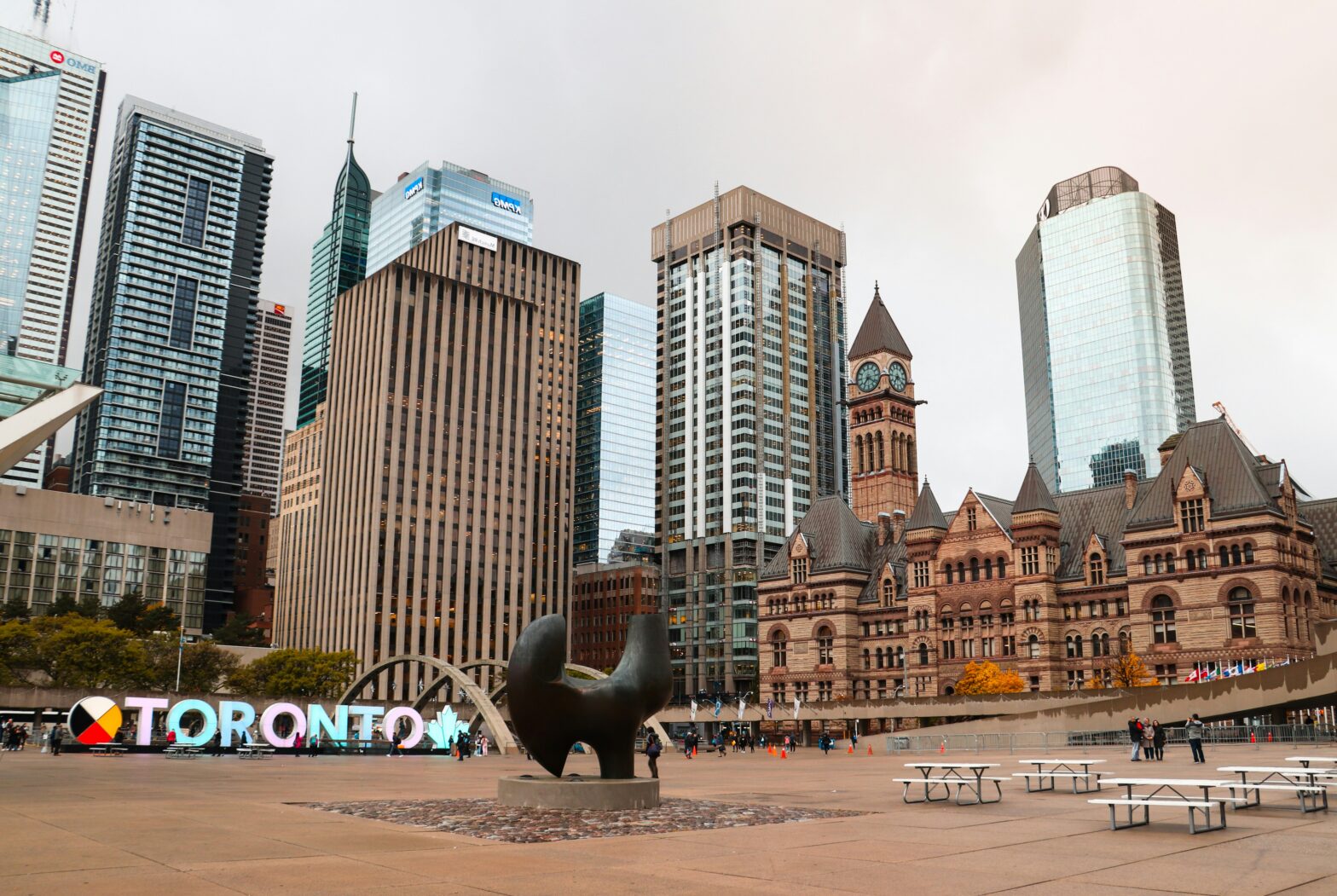Air travelers may be eligible for compensation for flight cancellations or major delays under Canadian government’s proposal, except for extremely rare cases.
Authorities aim to prevent a recurrence of the “airport chaos” and daily flight delays that reached tens of thousands during the peak summer travel season last year in 2023. According to an article on Forbes.com

Penalty Increase To Airlines In Canada
Transport Minister Omar Alghabra announced new measures on Monday to increase penalties for flight cancellations and delays that occur within, into, or from Canada. The proposed changes would make compensation the standard for affected travelers, and airlines would be responsible for demonstrating that factors beyond their control, such as a snowstorm, caused the disruption. Additionally, airlines would be required to establish an effective internal system for managing air travel claims.
“This means there will be no more loopholes where airlines can claim a disruption is caused by something outside of their control or a security reason when it is not,” Alghabra told reporters. “It will no longer be the passenger who will have to prove that he or she is entitled to compensation. It will now be the airline that will need to prove that it does not have to pay for it.”
Similar to the United States, Canada has also experienced a surge in air travel complaints, with the Canadian Transportation Agency (CTA) receiving a backlog of over 44,000 complaints related to enforcing passenger refund requirements. In 2022, the U.S. Department of Transportation registered 77,656 grievances concerning airlines, mainly centered on refunds or inadequate reimbursement for expenses incurred as a result of flight disruptions.
In response to the turmoil experienced last summer, the United States has also introduced some safeguards to benefit consumers. The Department of Transportation launched an Aviation Consumer Protection website shortly before Labor Day last year, featuring a side-by-side comparison of each airline’s compensation policies for controllable flight delays or cancellations. For instance, vouchers are issued for disruptions caused by factors within an airline’s control, such as understaffing or technical difficulties, but not for delays or cancellations due to external factors like weather.

How The US Penalized Airlines For Cancellations
In November of last year, Secretary of Transportation Pete Buttigieg disclosed that his department had levied fines of over $8 million against airlines for dragging their feet in reimbursing consumers following flight cancellations or significant disruptions. These penalties are often perceived as a mere reprimand for airlines that generate hundreds of millions of dollars in revenue per quarter.
In a statement, Jeff Morrison, CEO of the National Airlines Council of Canada (NACC), which advocates for the country’s major carriers, including Air Canada, criticized Alghabra’s proposed measures, calling them a “punitive approach” that would not enhance the functioning of Canada’s air travel system or benefit customers’ travel experiences.
The airline advocacy organization also raised concerns about inflation, cautioning that the proposed government alteration would ultimately impact passengers’ wallets.
“By imposing a new fee for passenger claims submitted to the Canadian Transportation Agency and expanding compensation requirements, the cost of air travel may increase,” Morrison said.





